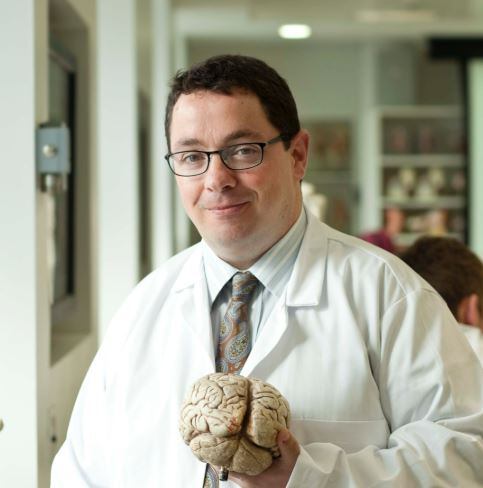Professor John Cryan, principal investigator at the APC Microbiome Institute at the University College Cork, said more effort had to be made in communicating evidence-supported microbiome-based science in what was admittedly a ‘very difficult science’.
In speaking about his work looking into the infant gut microbiome’s role professor Cryan said, “The main thing is understanding the evolution of the infant microbiome.
“By adding specific strains on top of that you must be aware that you’re influencing an ecosystem. This makes it quite tricky.”
“Unlike our genome, our microbiome is potentially modifiable. That gives us agency as individuals to be able to do that.
“On the flip side we need to be aware that there is a lot of snake oil out there, a lot of pseudoscience. We always need to look for evidence and be able to transmit that evidence in an appropriate way.
“We’ve seen that recently with the press not able to understand the complexity of what is a very difficult science and how it is transmitted.”
BBC probiotic coverage

NutraIngredients US recently commented on the potential fallout from a BBC article that dismisses the benefits of probiotics because a study failed to find colonisation.
An article by the site’s editor-in-chief Stephen Daniells questioned the reporting on the science of probiotics commenting, “The question for me is not “what do probiotics do?” it’s “what do probiotics not do?”
The article goes to state that it was a serious mistake to confuse colonisation with efficacy and that this was a message that needed to be communicated to consumers.
Professor Cryan, who is also chair of the department of anatomy and neuroscience at the Ireland-based University was speaking at ‘The Power of a Baby’s Microbiome,’ in London last week.
The event sought to share expert knowledge and the latest scientific insights into its role in brain development, cognitive function and immune system development.
“We know that there is metabolic reprogramming that can occur in the microbiome in early life,” said professor Cryan.
“Metabolites from certain bacteria can activate pathways that are involved in obesity for example. We’re also interested in the gut metabolites that can be activated by these metabolites.”
Professor Cryan commented on the different components defining obesity. Whether it was inflammation, intestinal permeability or the changes in metabolic function, certain bacterial strains can positively influence these factors.
“Also through the diet, you must ensure there is adequate substrate for these microbes to work on. This is where certain prebiotics or synbiotics can be useful in promoting the beneficial effects of these bacteria.”


